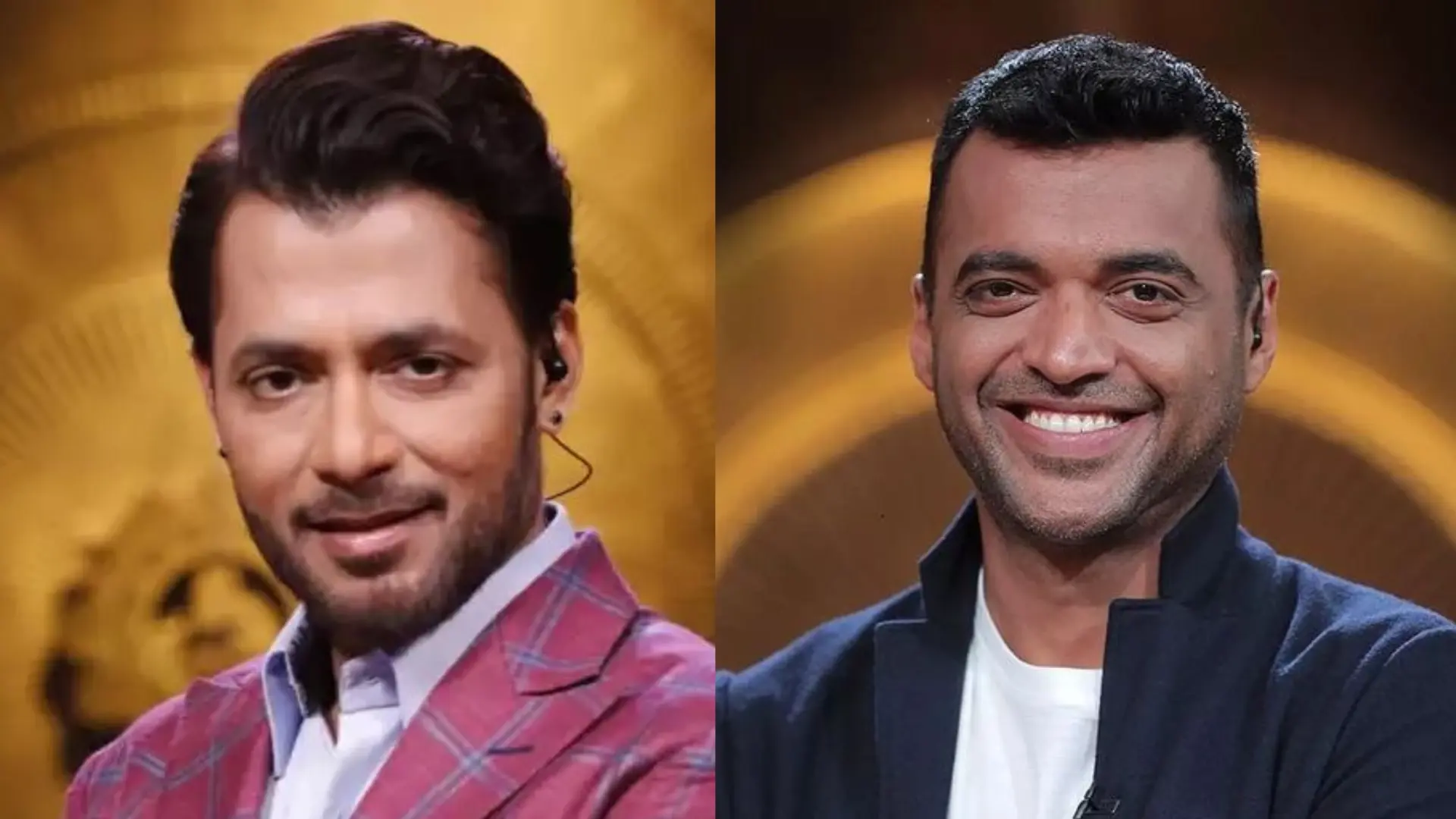The Bharatiya Janata Party (BJP) on Tuesday stirred discontent within its ranks by releasing its second list of 21 candidates for the Haryana assembly elections. The new list saw the exclusion of seven sitting legislators, including two ministers and the state party president, Mohan Lal Badoli.
The immediate consequence of the decision was the resignation of Shiv Kumar Mehta, a member of the state unit’s executive committee. Displeased with the party’s choice of Om Prakash Yadav for the Narnaul seat, which he had sought, Mehta submitted his resignation to Badoli.
Additionally, Satyavrat Shastri, a spokesperson for the Haryana BJP, has resigned from the party’s primary membership. Shastri contends that the party has deviated from its core values and is being swayed by individuals with contrary beliefs.
MUST READ: 2024 Haryana Elections: AAP Releases Third List Of 11 Candidates
Mehta said that he has been working for the party for 45 years but was repeatedly overlooked and told to get ready for the next opportunity. He added that he has now left the party and will turn his focus to social service.
The ministers who have been denied tickets include Seema Trikha, the School Education Minister and MLA for Badkhal, who is being replaced by Dhanesh Adlakha, and Banwari Lal, the Health Minister and MLA for Bawal, who is being succeeded by Krishna Kumar.
Trikha, the only female minister in Chief Minister Nayab Singh Saini’s BJP cabinet, secured the Badkhal seat by defeating Congress candidates Vijay Pratap Singh and Mahendra Pratap Singh in the 2019 and 2014 elections, respectively.
State President Mohan Lal Badoli, who had earlier said that he would not run in the October 5 Assembly elections to concentrate on securing the party’s success, is being replaced by Krishna Gehlawat for the Rai seat in the Sonipat district.
The BJP’s announcement of its initial list of 67 candidates last week has also led to significant dissatisfaction within the party. Out of the 87 candidates named so far, the BJP has selected 17 SCs, 16 Jats, 19 OBCs, five Rajputs, 11 Punjabis, 11 Brahmins, five Vaishyas, two Muslims, and one Sikh, aiming to ensure a diverse representation of various castes and communities.
READ MORE: India To Join FATF’s Elite Circle for Excellence in Financial Crime Prevention


















